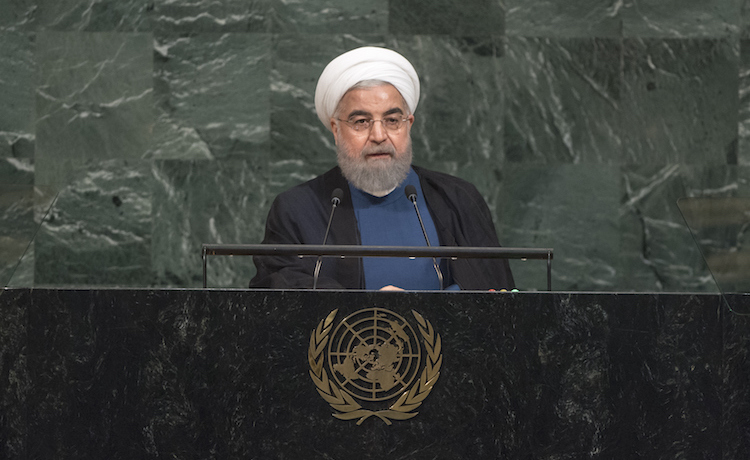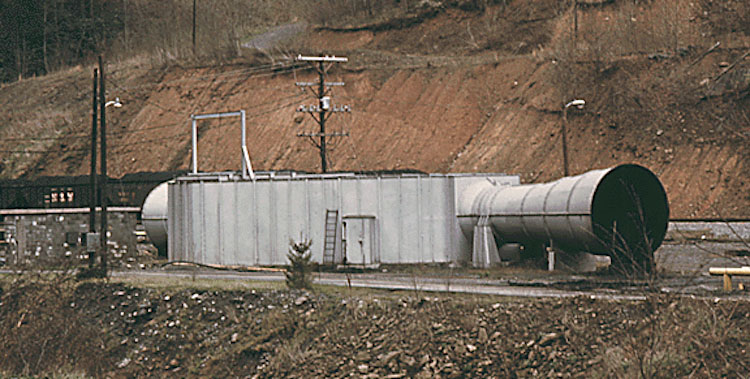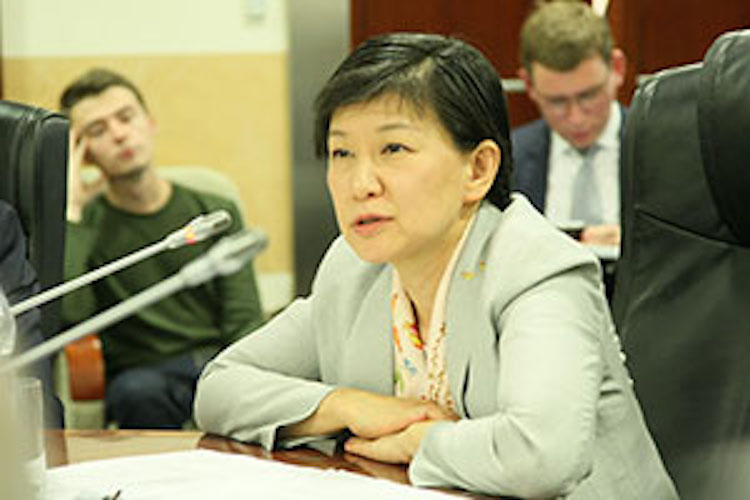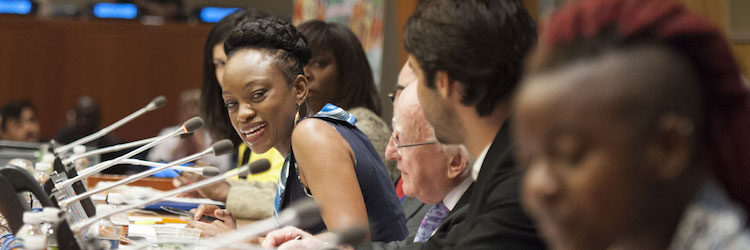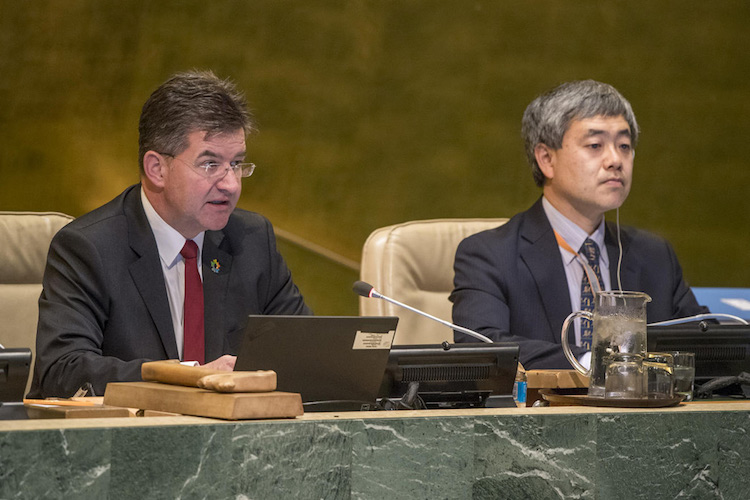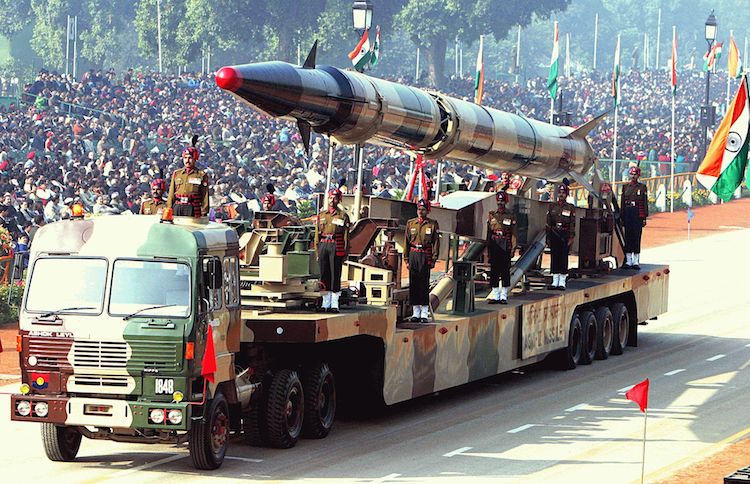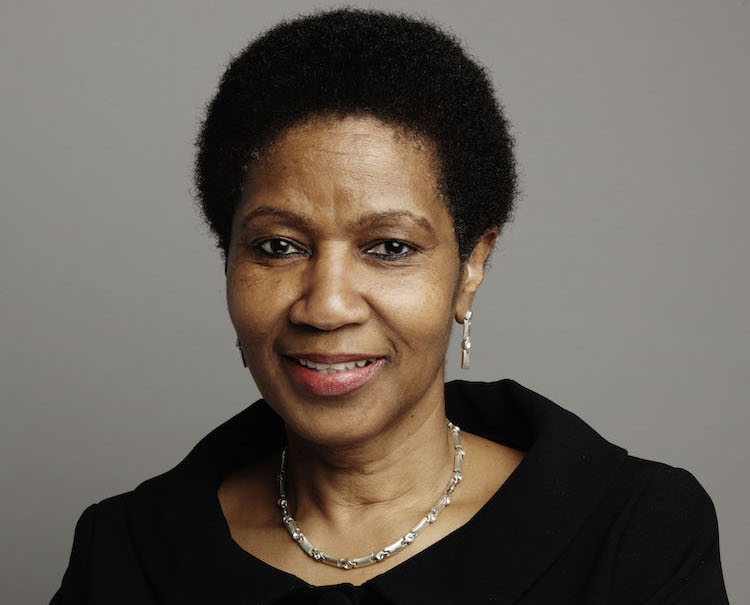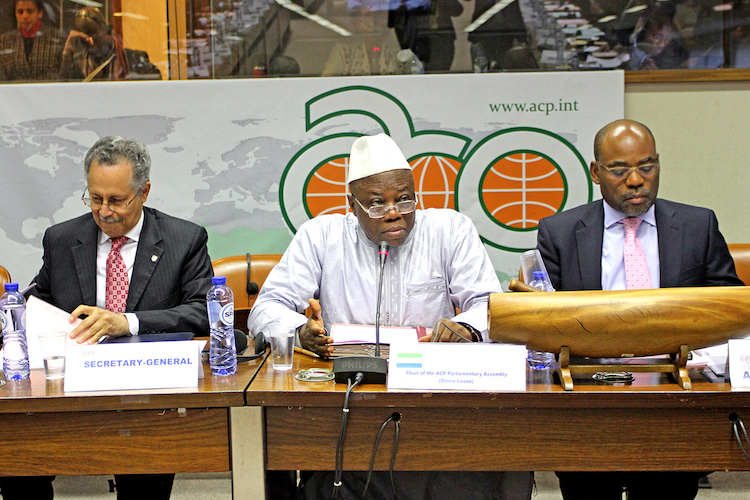By Klara Smits
BRUSSELS (IDN) – More than 30 organizations gathered in Brussels at the conference on ‘Eritrea and the Ongoing Refugee Crisis’ have expressed “deep concern” about the remarks by Donald Tusk, President of the European Council, that now there is “a real chance of closing the Central Mediterranean route” with a view to halting the flow of refugees from the Horn of Africa. Tusk was commenting the conclusions of the European Council meeting.
“Leaders agreed to offer Prime Minister Gentiloni stronger support for Italy’s work with the Libyan authorities. We have a real chance of closing the Central Mediterranean route,” Tusk said at the press briefing of European Council meeting of October 19.


